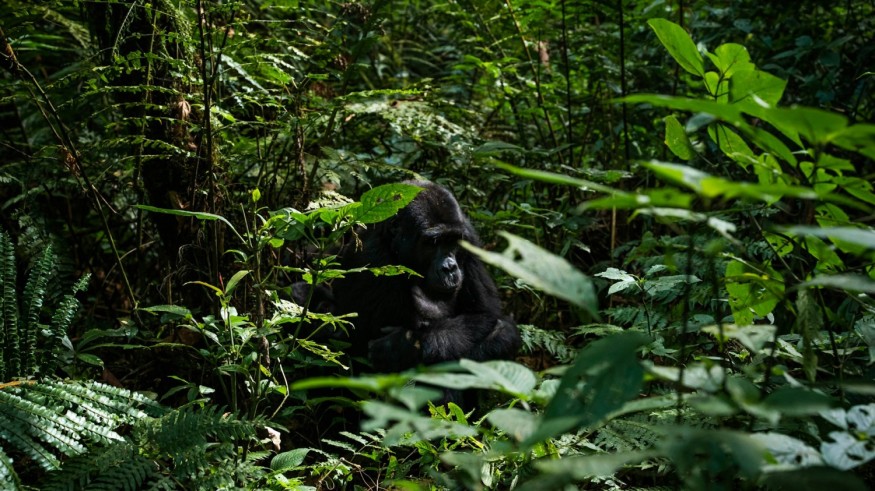
Gorilla trekking is the main adventure activity that differentiates Uganda from most African countries. If you are a student either pursuing a degree and looking to visit or simply volunteering in Uganda, you might at one point wish to visit one of the gorilla national parks.
Here is what you need to know when planning your gorilla safari as an international volunteer or international student visiting Uganda:
Gorilla Permit Rates
The Uganda Wildlife Authority (UWA) does not have any special rates for students in regard to gorilla trekking. All rates are based on nationality. If you hold a non-African passport, you will be placed in two categories: foreign residents and foreign non-residents.
Foreign residents are those people residing in Uganda. In most cases, they all have a work permit. It is important to note that if you do not have a residence permit or a work permit, you will not be eligible for the category of foreign residents. Permits for foreign Residents of East Africa cost $700 per permit. Foreign international students can also qualify for this category.
Foreign non-residents are people who are in Uganda in most cases on a visit Visa or a tourist visa. These are also the kind of people who hold a passport from a non-African country. Their gorilla trekking permits cost $800 per person.
International students coming from African countries outside the East African community are placed in the category of Africans whose gorilla permit costs $500 per person.
Students or Volunteers coming from Uganda's neighbors (technically the East African Community) share the same benefits as Ugandans. Their gorilla trekking permit costs about US$80 per person.
Transportation
There are two major forms of transport for most Uganda safaris: hiring a car for self-drive or hiring a car with a driver (Similar to booking a safari package from a tour operator). These two options have their technicalities involved. You will have to discuss the insurance policy, refund policy, fuel policy among several other policies related to your trip.
The bus is not a recommended option because there are no buses that go straight to Bwindi Impenetrable National Park. They all stop in town centers that are more than 10 kilometers away from the park. You will at one point have to hire a car to drop you off or pick you up from the park offices.
Accommodation
Accommodation in gorilla parks are quite expensive. If you are not fond of camping; it is recommended to spend a night in Kabale. However, if you are to spend a night in Kabale, it is also important to note that you can only conveniently trek in Ruhija sector.
By the time you set off for your gorilla trek, there will not be any place where you can buy any food or coffee for breakfast more so if you are spending a night in a city center guesthouse. It is therefore recommended that you prepare whatever you will eat during your trek a day before.
Alternatively, you can opt for gorilla trekking in Mgahinga Gorilla National Park. Here, you can spend a night in Kisoro and still trek gorillas in Mgahinga conveniently. The road trip to Mgahinga is also quite amazing; thus, it is highly recommended to go above Bwindi Impenetrable National Park.
Booking a Gorilla Safari in Uganda as a Volunteer or a Student
It is important to note that only licensed tour operators are allowed to purchase gorilla trekking permits from the Uganda Wildlife Authority.
To avoid the whole trouble of finding where to sleep, the transportation, planning for fuel, booking gorilla trekking permits; you can easily opt to book a gorilla safari with one of the top Uganda safari companies listed the Association of Uganda tour operator's website or Uganda Tourism Board website. They will handle your gorilla safari based on your budget. Do not forget to inform them that you are booking as a student or volunteer since some companies have special packages for the same.
The most recommended time for student gorilla trekking safaris is March, April, May and November. This is often the time of the year when there are only a few people gorilla trekking in Bwindi impenetrable national park and Mgahinga gorilla national park.
There are several other things you might have to plan for including the packing list and snacks. But to the best of our knowledge the above information is the most crucial and important information when planning a gorilla trekking safari in Uganda as a student or volunteer.
This article is copyrighted by Travelers Today, the travel news leader



